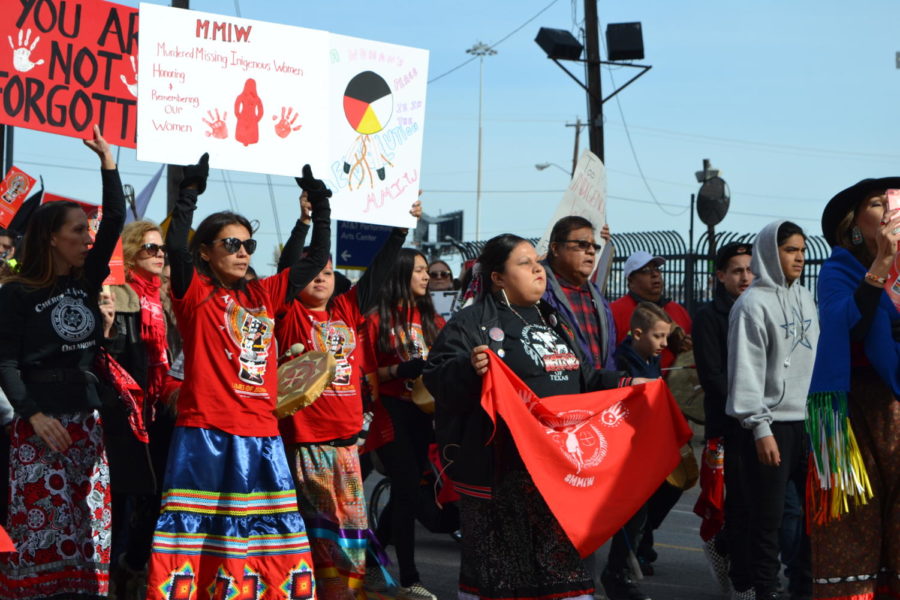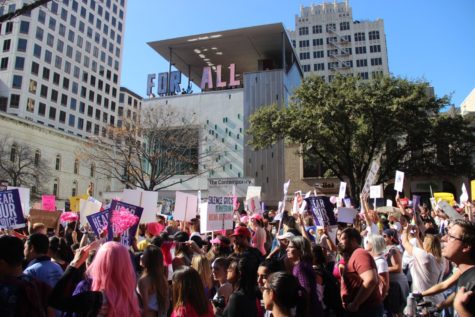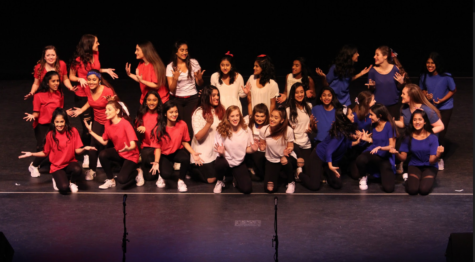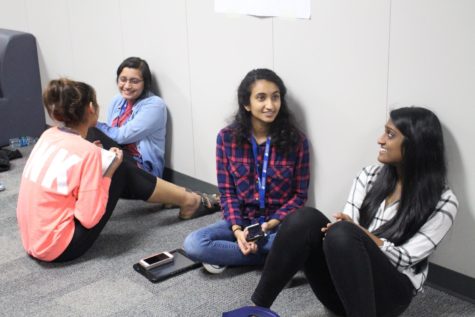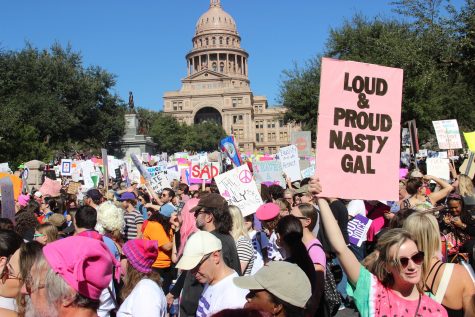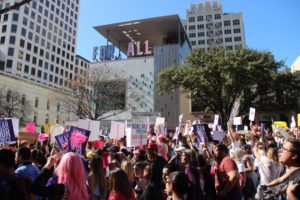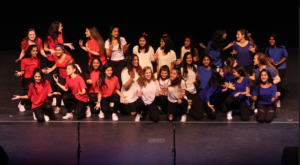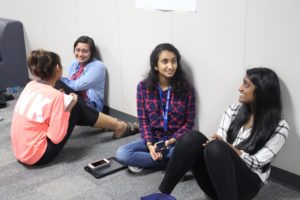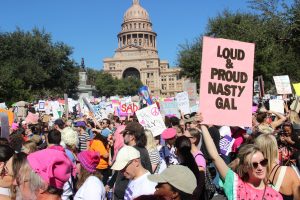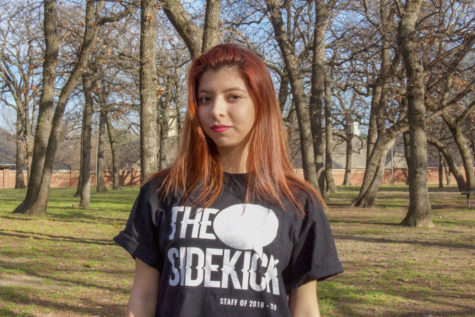Women of color lead 2019 Dallas Women’s March
Thousands of people attended the Dallas Women’s March on Sunday to support women’s rights. Since 2017, the parade has taken place annually in Dallas. This year natives led the parade as a result of their race being harshly discriminated against.
January 23, 2019
DALLAS – As a sea of activists paraded through city streets for the Dallas Women’s March on Sunday, a few stood out: Native Americans, dressed in their culture’s vibrant outfits and leading the march proudly.
“A year ago, at the last march, I felt like the indigenous people were an afterthought – we were kind of put into the mix at the last second, and we weren’t involved in the planning,” Native American leader Jodi Yellowfish said. “We felt like we needed to step it up and make ourselves known. Right after that march, we made our connections, and we asked them if we could lead the [next] women’s march.”
Marchers initially gathered at the St. Paul United Methodist Church by 2 p.m., and headed toward the Dallas City Hall. Throughout the march, a variety of phrases were chanted, including “This is what democracy looks like!”, “My body, my choice!” and “Women’s rights are human rights”. Although a few of the organizers were told not to focus any chants on President Donald Trump, sayings such as “Hey, ho, Donald Trump has got to go!” were still screamed. Along with the national march, the first Dallas Women’s March took place in 2017, following Trump’s inauguration.
After reaching city hall, natives performed traditional dances for the crowd. Simultaneously, select activists stepped onstage to speak about the importance of equality for everyone, including the LGBT community, the mentally ill and disabled citizens.
Because multiple of the Women’s March organization founders were accused of anti-Semitism a few months ago, many refused to attend the event, both in Dallas and nationwide. However, many others decided to march despite the controversy.
“The march itself, for me, represents womens equality and women’s rights,” attendee Hayley Scoggins said. “I don’t condone [anti-Semitism] at all, but that doesn’t change my opinion on the march, because the whole idea around it is the same. The march is very inclusive. Their opinions are not at all what this march is about. This march is about including everyone, and standing up for women’s rights.”
Follow Pramika on Twitter @pramika_kadari



